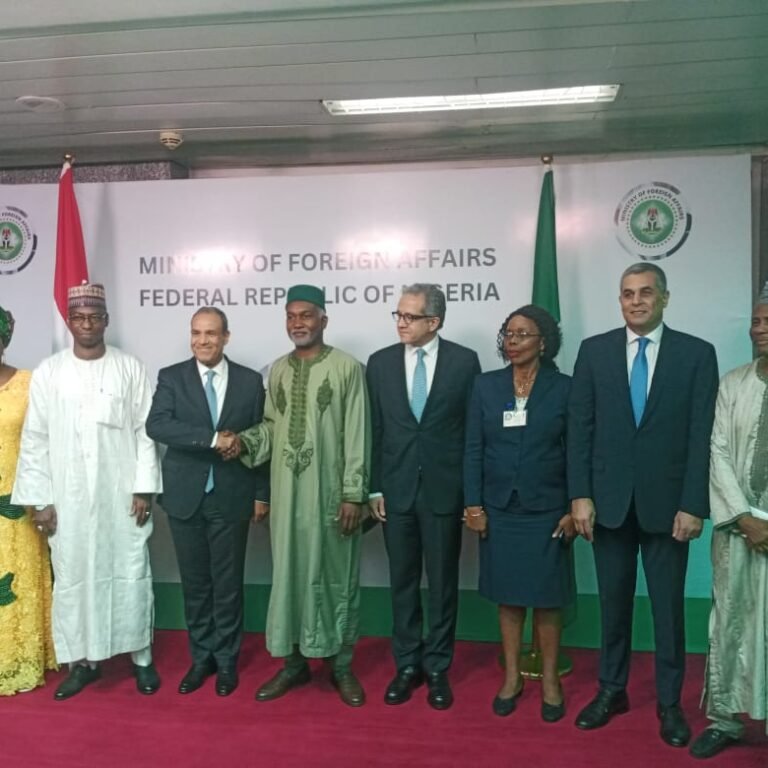
In a landmark decision that underscores its commitment to cultural revival and post-colonial sovereignty, the Republic of Niger has officially designated Hausa as its national language, while downgrading French to the status of a working language.
The announcement, made by the transitional government led by the National Council for the Safeguard of the Homeland (CNSP), reflects a strategic pivot away from colonial influences and toward the embrace of indigenous identity. Hausa, spoken by over 60% of Niger’s population and widely used across West Africa, now stands at the center of the country’s national identity and public life.
Breaking Away from Colonial Legacy
French has been Niger’s official language since gaining independence from France in 1960. It has long been the medium of instruction, administration, and diplomacy. However, many citizens—especially in rural areas—have limited proficiency in French, which has created a linguistic divide and hindered national integration.
By prioritizing Hausa, the government seeks to bridge this gap, ensuring that governance, education, and civic engagement become more inclusive and reflective of the people’s linguistic reality.
A Broader African Trend
Niger’s move is part of a growing trend across Africa where countries are reassessing colonial legacies and promoting indigenous languages. Similar sentiments have been echoed in countries like Rwanda, which switched its primary language of instruction from French to English in 2008, and Tanzania, where Kiswahili plays a dominant role in national discourse.
This linguistic shift in Niger is also politically symbolic. Since the July 2023 coup that ousted President Mohamed Bazoum, the military-led government has sought to redefine Niger’s path by resisting Western influence and strengthening regional alliances.
Hausa: More Than a Language
Hausa is not only Niger’s most widely spoken language, but also a cultural linchpin in the Sahel region, spoken across northern Nigeria, Ghana, Cameroon, Chad, and Sudan. Its promotion to national language status is expected to foster unity among Niger’s diverse ethnic groups, including the Zarma, Tuareg, Fulani, Kanuri, and others.
The language already serves as a lingua franca for trade, media, and daily communication in Niger, and this formal recognition is anticipated to streamline public administration, legal processes, and education in the years to come.
Implications for Education and Governance
The change is set to have far-reaching implications. Government communications, school curricula, and legal proceedings are expected to gradually incorporate Hausa, making public services more accessible. However, the government has clarified that French will still be used in diplomatic and administrative functions, especially in international engagements.
The decision has sparked widespread support across Niger and among Hausa speakers in the region, though it also raises practical challenges around implementation and language standardization in formal sectors.
As Niger redefines its identity in the post-colonial era, the elevation of Hausa marks a powerful statement of cultural pride and political autonomy. The move not only highlights the importance of linguistic relevance in governance but also sets a precedent for other African nations seeking to reconnect with their indigenous heritage








